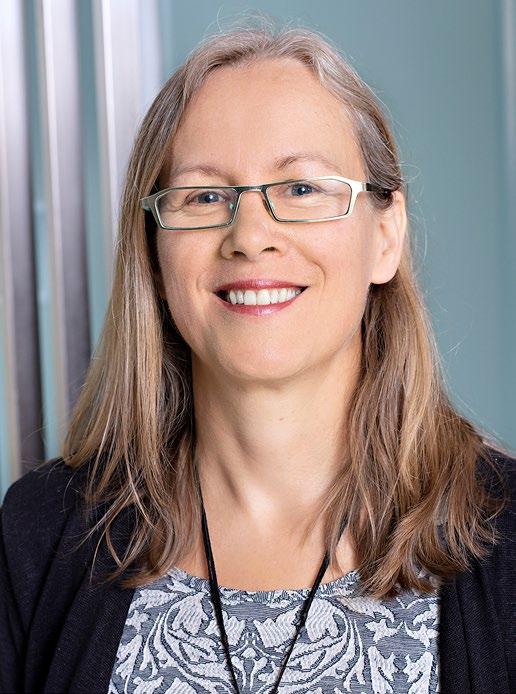
2 minute read
IHRA meets in Leipzig (virtually
Pauline Rockman and Sue Hampel
Cover of the Anne Frank video diary developed by Anne Frank House, Amsterdam
Advertisement
Former Swedish Prime Minister Göran Persson
Twenty years ago, the Stockholm International Forum on the Holocaust was held, bringing together high-ranking political leaders and officials from more than 40 countries to meet with civic and religious leaders, Holocaust survivors, educators, historians and others who dedicate their work to promoting Holocaust education, commemoration and research. The Stockholm Declaration was signed by participating countries at the closing session of this conference and became the founding document of the International Holocaust Remembrance Alliance (IHRA). Since then, IHRA has grown to include 34 member countries, eight observer countries and seven permanent International Partners. IHRA remains a unique organisation, bringing together politicians as well as experts from the fields of academia, education, memorials and museums.
This year, instead of travelling to Berlin and Leipzig for the 20th anniversary of the Stockholm Declaration, all sessions were held virtually. The transition to the online digital platform provided member countries with the opportunity to focus on the theme of ‘remembering and working in a digital context’.
As we know, the coronavirus has been accompanied by antisemitism, discrimination against minority groups, conspiracy myths, Holocaust denial and distortion. As a result, the focus at the Leipzig plenary was to address how to best navigate these worrying trends. The Museums and Memorials Working Group reported on the challenges faced by cultural institutions during the pandemic, many of which are suffering great financial loss and are even facing the possibility of permanent closures. The Education Working Group (EWG) discussed the educational implications of new Holocaust distortion and how to counter this phenomenon; how the newly published IHRA recommendations for teaching and learning about the Holocaust can be used in schools and institutions around the world; the advantages and disadvantages of using online education during the pandemic; and the impact for future Holocaust education. Some of the highlights included Dr Eyal Kaminka’s excellent overview regarding Yad Vashem’s approach to harnessing online education in the age of COVID; Ruth-Anne Lenga from the Centre for Holocaust Education in the UK who discussed the findings of new research undertaken in relation to Holocaust education in English schools; and Jurmet Huitema-de Waal from the Anne Frank House who helped to transform Anne Frank’s memoir into an extraordinary video diary for younger high school students annefrank.org/en/about-us/news-andpress/news/2020/3/30/new-anne-frank-video-diary/
The 2021 IHRA plenary year promises to be an exciting one as Sue Hampel has been appointed the incoming International Chair for the Education Working Group, the first Australian to hold this leadership role. We are hoping to attend the planned meetings in Greece in person rather than online
Pauline Rockman OAM and Sue Hampel OAM are Co-Presidents of the Jewish Holocaust Centre and members of the IHRA Australian delegation.










